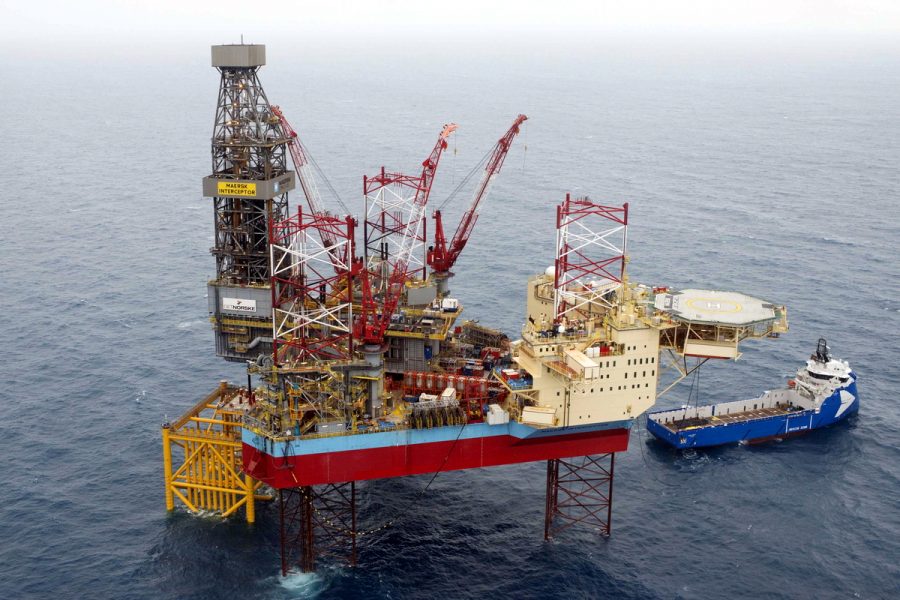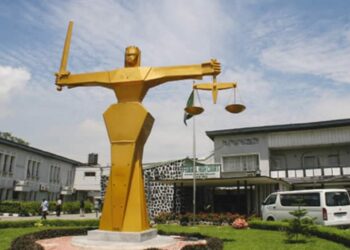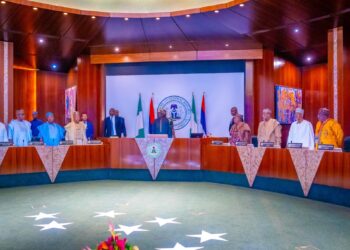Despite the restraining order by the Federal High court in Lagos against the federal government on the revocation of 2 oil field licenses, the Department of Petroleum Resources (DPR), has gone ahead to announce its first licensing round for marginal oilfields in almost 20 years.
The DPR said they will be going ahead with the launching on Monday despite the two court rulings that stopped the oilfields from being auctioned.
This was disclosed through a press release by the Department of Petroleum Resources and seen by Nairametrics.
READ ALSO: FG inaugurates task force to track fuel consumption in the country
In the statement, the DPR said that the Bid round exercise is open to indigenous companies and investors interested in participating in Exploration and Production business in Nigeria.
The Marginal Fields Bid Round for 2020, involves a total of 57 fields located on land, swamp and shallow offshore terrains.
The exercise which will be conducted electronically will include Expression of Interest/Registration, Pre-qualification, Technical and Commercial bid submission, and bid evaluation.
(READ MORE: PPPRA reduces petrol price to N121.50 per litre)
This is to help ease the revenue burden on the government as about $1 billion is expected to be realized from this exercise.
The 2 oil fields involved in this litigation are the Ororo Field, OML 95 and the Davies Island Marginal Oil Field, formerly called OML 54, which were among the 11 licenses that were revoked by DPR in April.
Theses 11 oilfields are set to be included in this marginal field bid round.
Marginal oil fields refer to discoveries that have not been exploited for long due to very small sizes of reserves to the extent of not being economically viable or lack of infrastructure in the vicinity and profitable consumers. These are typically smaller oil blocks that are usually developed by indigenous oil companies.
https://twitter.com/megathoslaw/status/1267443812491722753





















